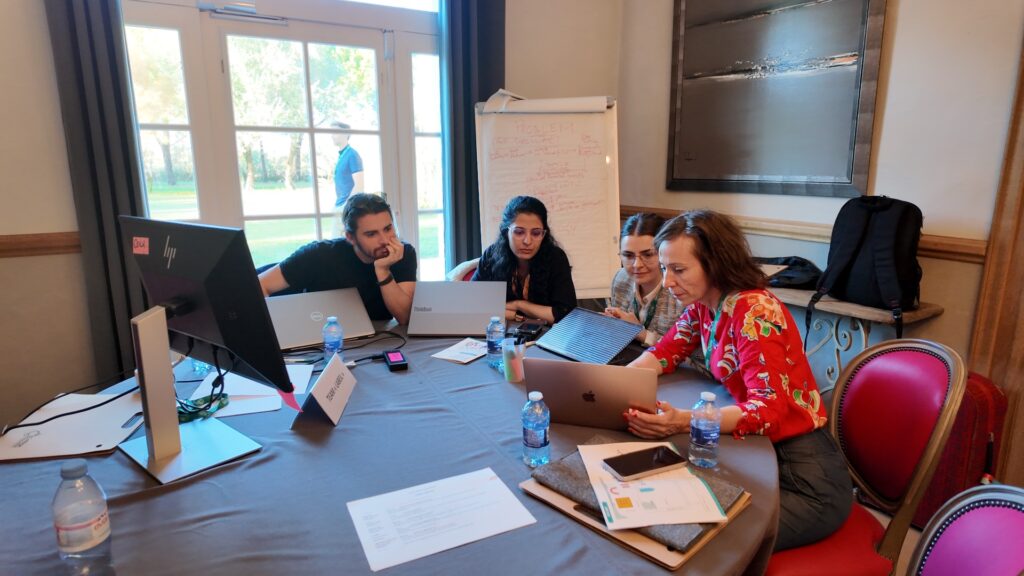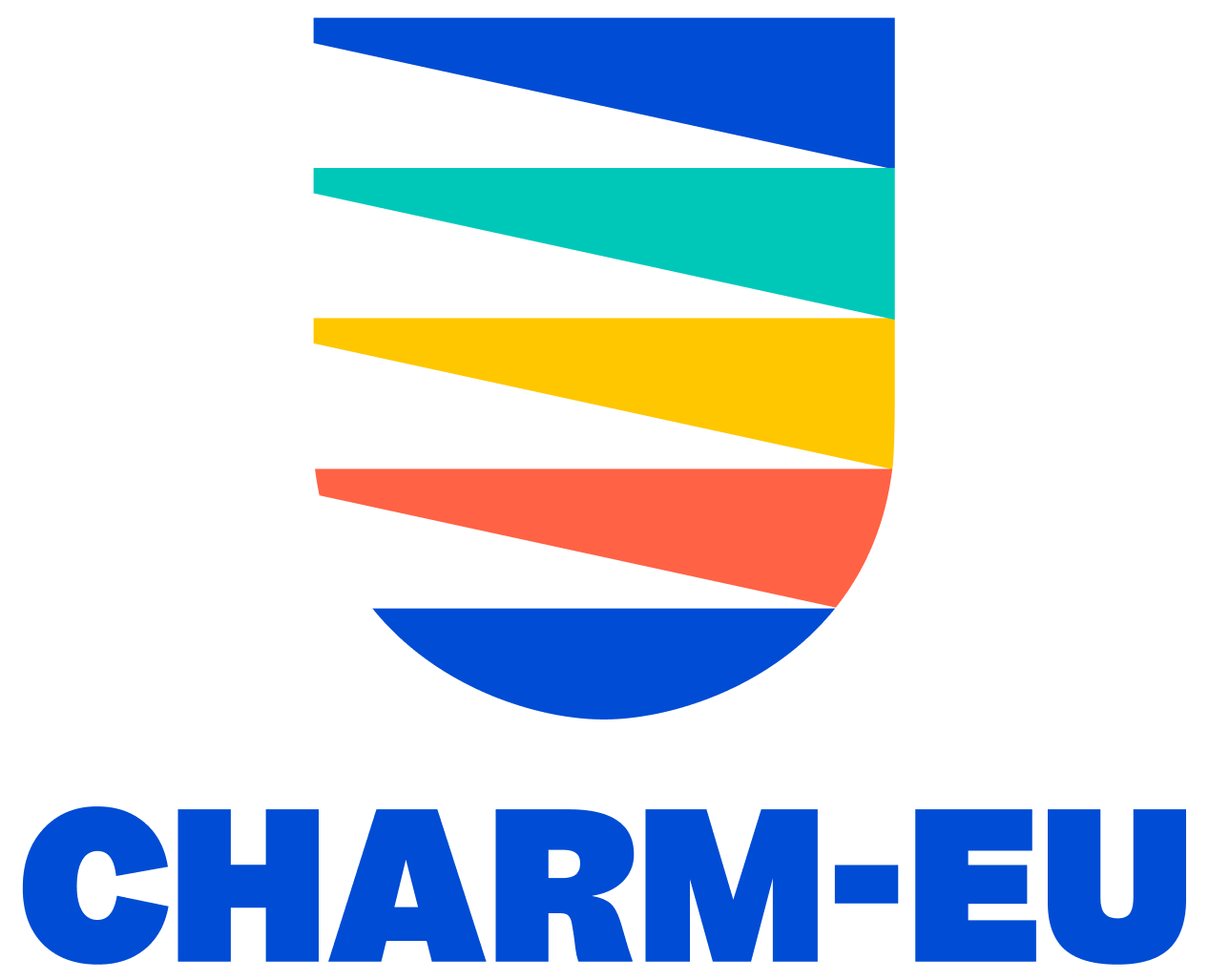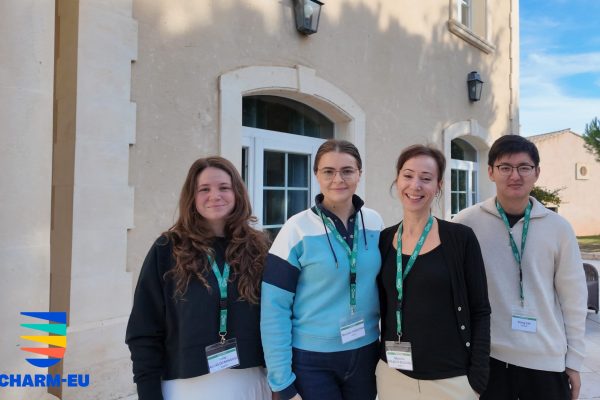The Cross-Border Doctorials 2025: How to Structure a Research Project Based on European Program (6–8 October 2025, Aigues-Mortes, France) represented a cornerstone moment for doctoral training and cross-institutional collaboration. Co-organised and hosted by the University of Montpellier, the three-day event brought together doctoral candidates and early-career researchers from across Europe to explore how to design and structure research projects aligned with major European funding schemes such as Horizon Europe, EIC Pathfinder, and EIC Transition.
Among the doctoral researchers and lecturers from CHARM-EU universities attending were Laia Avilés Domínguez, PhD candidate at the University of Utrecht; Mariam Sargysan, PhD candidate at the University of Barcelona and Xiang Lin, PhD candidate at Åbo Akademi University. Moreover, Mónika Szilágyi-Csüllög, lecturer at the Department of Organisational and Leadership Psychology at ELTE also attended the event. Their participation exemplified the event’s interdisciplinary spirit and underscored the CHARM-EU network’s commitment to empowering early-stage researchers through international, challenge-driven cooperation.
The Cross-Border Doctorials program was designed to enhance the research capacities of PhD candidates by immersing them in collaborative workshops focused on the structure, funding logic, and strategic design of European research projects. For doctoral researchers such as Avilés Domínguez and Sargysam, both engaged in innovative fields linked to social and scientific transformation, this environment provided a valuable space to translate their disciplinary expertise into project frameworks capable of addressing transnational challenges.

Mónika Szilágyi-Csüllög, as a lecturer in organisational and leadership psychology, contributed an essential pedagogical and coordination perspective, bridging academic guidance and doctoral participation. Her presence emphasized the importance of academic mentorship and interdisciplinary dialogue within CHARM-EU’s doctoral ecosystem. Meanwhile, Xiang Lin’s participation from Åbo Akademi University reflected the event’s broad scientific reach, particularly in connecting health and pharmaceutical sciences to European funding opportunities and cross-border collaboration.
Collectively, the attendance of these participants demonstrated how CHARM-EU fosters mobility, inclusion, and collaborative research design among its member universities. By engaging PhD candidates from Utrecht, Barcelona, and Åbo Akademi, alongside academic staff from Central European partner institutions, the Doctorials embodied the alliance’s vision of a truly European learning and research community—one where doctoral education serves as a nexus for interdisciplinary innovation.
Beyond the technical skills acquired—such as understanding proposal structures, identifying relevant European calls, and developing research impact narratives—the event’s value lay in cultivating a sense of shared identity among emerging researchers. The Doctorials encouraged participants to form international teams, share methodologies, and co-create potential project ideas spanning environmental, social, and technological domains.

